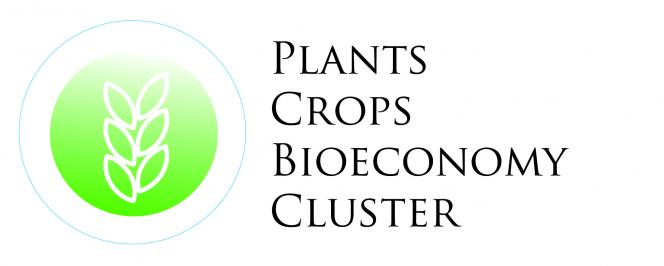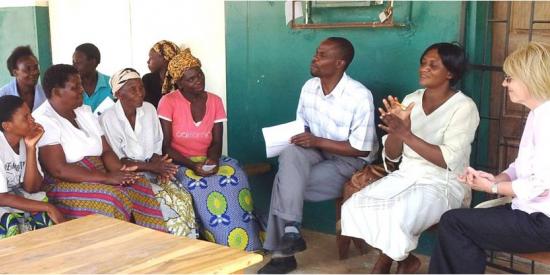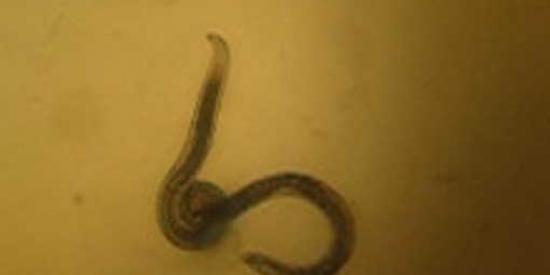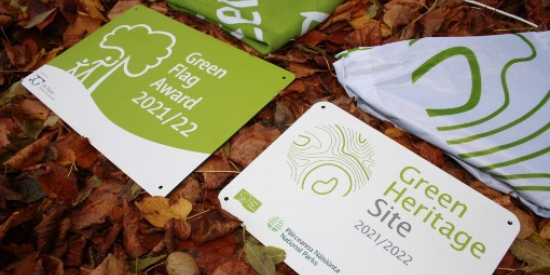Plants, Crops & the Bioeconomy
TogglePlants, Crops & the Bioeconomy

Global trends in land use will place heavy demands on agri-food production systems, food shelf life and food security. Traditional single discipline approaches cannot address these challenges effectively.
At Maynooth University, we have established an innovative collaboration among leading plant scientists, mathematical modellers, mobile communications engineers, information theorists and economists. These researchers are working together with government agencies, NGOs and enterprise to address the emerging problems for the bioeconomy. Together these groups are finding the solutions for a sustainable, productive, secure and profitable system of primary production and distribution.
Maynooth University is an ideal Host Institution for a Marie Skłodowska Curie Individual Fellowship and this cluster is interested in finding potential applicants. Find a mentor below or contact PlantCrop@mu.ie for more information.
Transformative Engagement Network
University action and research to improve decision making capacities in support of the food security of smallholder farmers in the context of global climate change.
Discovery of killer worms could help develop better pest control strategies
Scientists at Maynooth University have discovered a microscopic worm that battles to the death in order to kill off rivals, protect a food source and get to claim all the females.
MU International Business Student Enterpreneur Awards finalist
Lauryn McGrath is a finalist at the SEAs with her company Farmi-Fix
Date: Thursday, 09 June 2022
Maynooth Campus awarded Green Flag & Green Heritage site 2021/2022
Maynooth Campus is awarded its 3rd Green Flag for Parks & Green Spaces and it is the first university campus in the Republic of Ireland to be awarded the Green Heritage site accreditation.
Date: Wednesday, 17 November 2021




